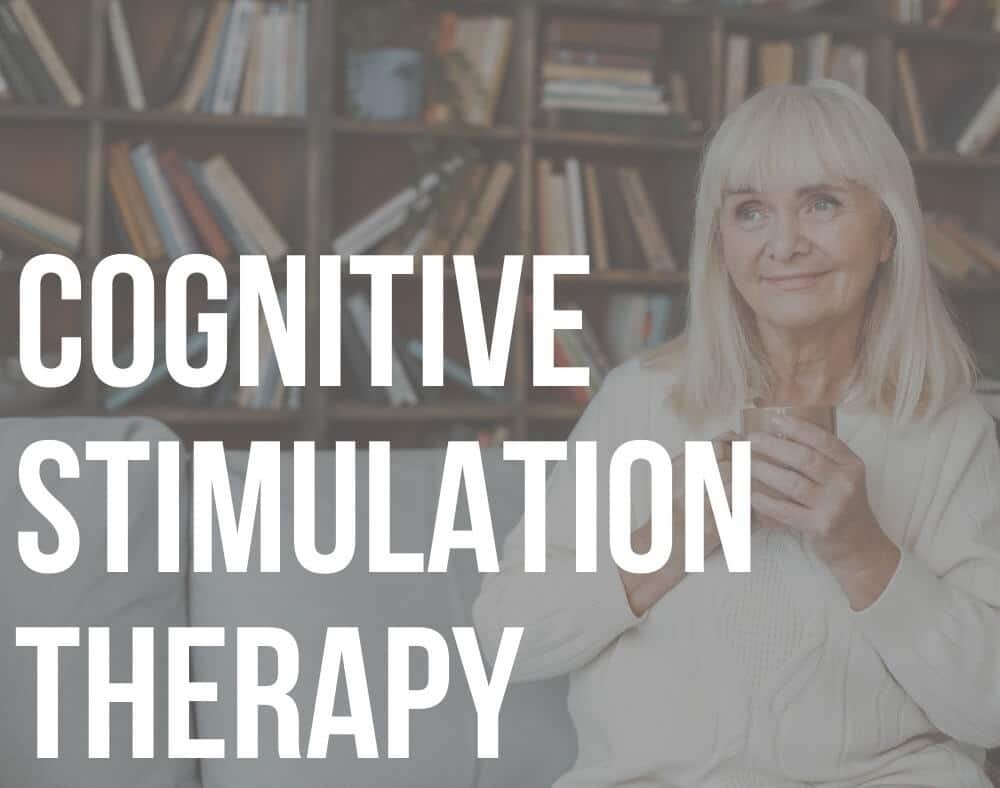It is important to talk about hallucinations and dementia seeing that this is one of the most common symptoms that persons with this neurodegenerative disease experience.
Hallucinations are incorrect perceptions about experiences or things that involve the senses that can result in a negative or positive experience.
Hallucinations in People with Dementia
They normally seem real to the person who is experiencing them, but other people cannot see them the way the person hallucinating is.
Hallucinations typically involve the senses of a person who has dementia.
In most cases, however, they will affect the visual or auditory senses where a person can see something that does not exist or hear voices or noises that are not there.
For example, a person can be convinced that they are seeing crawling bugs on their bed or seat but they are not actually there.
What Causes People with Dementia to Experience Hallucinations

People will dementia will experience hallucinations because of the changes that happen in their brains.
Some of the possible causes for hallucinations when a person has dementia include:
- Unfamiliar environments or people
- Agitation and anxiety
- Different drug combination
- Insufficient lighting
- Changes in routine
- Sundowning which is a form of confusion and disorientation that some people may experience during later afternoons
- Overstimulation of the environment such as too many distractions, people, and too much noise
- Eyesight or hearing problems
- Alcohol or drug abuse
- Schizophrenia
- Physical problems like bladder or kidney infection or intense pain
Responding and Treating Hallucinations

Below we cover twelve steps that caregivers can try and take when they are dealing with a person who has hallucinations and dementia, like:
How do you deal with hallucinations in dementia
1. Ensuring that their environment is well-lit.
2. Making sure the person with dementia gets proper nutrition and stays hydrated because dehydration and malnutrition can lead to depriving the brain of the nutrients it needs to thrive and function normally.
3. Maintaining schedules and routines.
4. Where possible do not change the environment where the person stays and make sure it is as comfortable as possible, limiting distractions and people who visit or stay.
5. Look out for signs of physical injury like scrapes or bruises that may be causing hallucinations.
6. Come up with creative distressing techniques. For instance, if a person insists that a person has stolen their jewelry, do not outrightly tell them they are wrong.
Instead, offer to help search for the items or you can even look for another interesting activity that will distract them from their current thoughts.
It can be things that they like doing like looking at photos, listening to music, playing cards, or working out.
7. Avoid arguments at all costs because at the end of the day the hallucinations are real to the person with dementia even though they may appear far-fetched to you.
Always responds to the person’s feelings rather than the issue as this shows that you acknowledge their concerns. Seek to constantly reassure the person at all times.
8. Figure out if the hallucinations have a negative impact. If they have a positive impact, it is best not to address the issue.
9. At times, it helps to investigate any suspicions that the person raises because it may end up being true.
10. Being flexible. Sometimes, you have to indulge in little fibs to make the person with hallucinations and dementia feel safe.
For instance, if they hear an imaginary sound you can tell them that you were the cause and that everything is okay.
11. Have backups and additional resources.
Where possible have multiples of some of the things that a person loves. This way, if they keep misplacing them, you can always search for them and magically find them.
It is helpful because it helps frustration from boiling over to aggression or disappointments which can dampen someone’s mood.
12. Visiting a doctor to rule out any vision or hearing problems. The medic might also change medication if it is the source of hallucinations.
Medication for Dementia Hallucinations
If the hallucinations are severe, physicians can prescribe medications to treat hallucinations. Different drugs can do the job such as:
Nuplazid

This is one of the first drugs that has even been approved to treat hallucinations that relate to Parkinson’s disease dementia.
Antipsychotic medication
These can treat hallucinations by offering a calming effect which makes the hallucinations less distressing. The drugs can also reduce or eliminate the frequency with which they occur.
Cholinesterase Inhibitors
These are medicines that doctors will give people to treat both hallucinations and dementia. They increase levels of specific neurotransmitters in the brain which helps to boost cognition as well as alertness. They also have the potential to reduce hallucinations.
It is also recommended that caregivers seek out support because dealing with persons who have hallucinations and dementia is not an easy task.
This is because you may end up dealing with feelings of frustration, exhaustion, guilt, distress, and exasperation.
Seeking support helps you to effectively deal with such so that you can be in the best possible position to look after the individual with dementia.
Which Dementia’s Cause Hallucinations

Lewy Body Dementia is the number one culprit for causing dementia in person with this type of illness.
It is usually common in the early stages of the disease and might disappear as it progresses into the middle or end stages of the illness.
The hallucinations are usually persistent and last for a long-time. Studies also reveal that hallucinations can affect people who have Parkinson’s disease and Alzheimer’s disease.
With these diseases, the hallucinations occur during distinct periods for a short time. They can occur during the middle to late stages of the disease.







